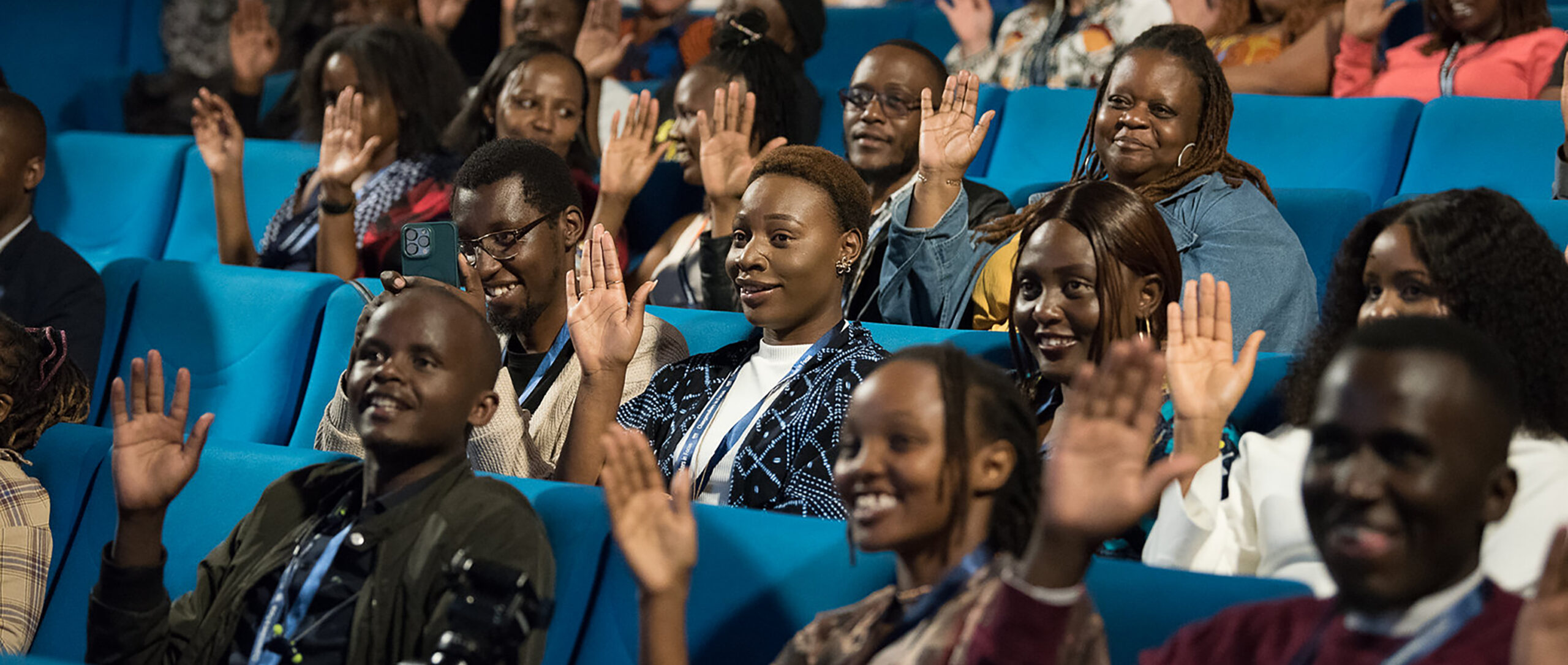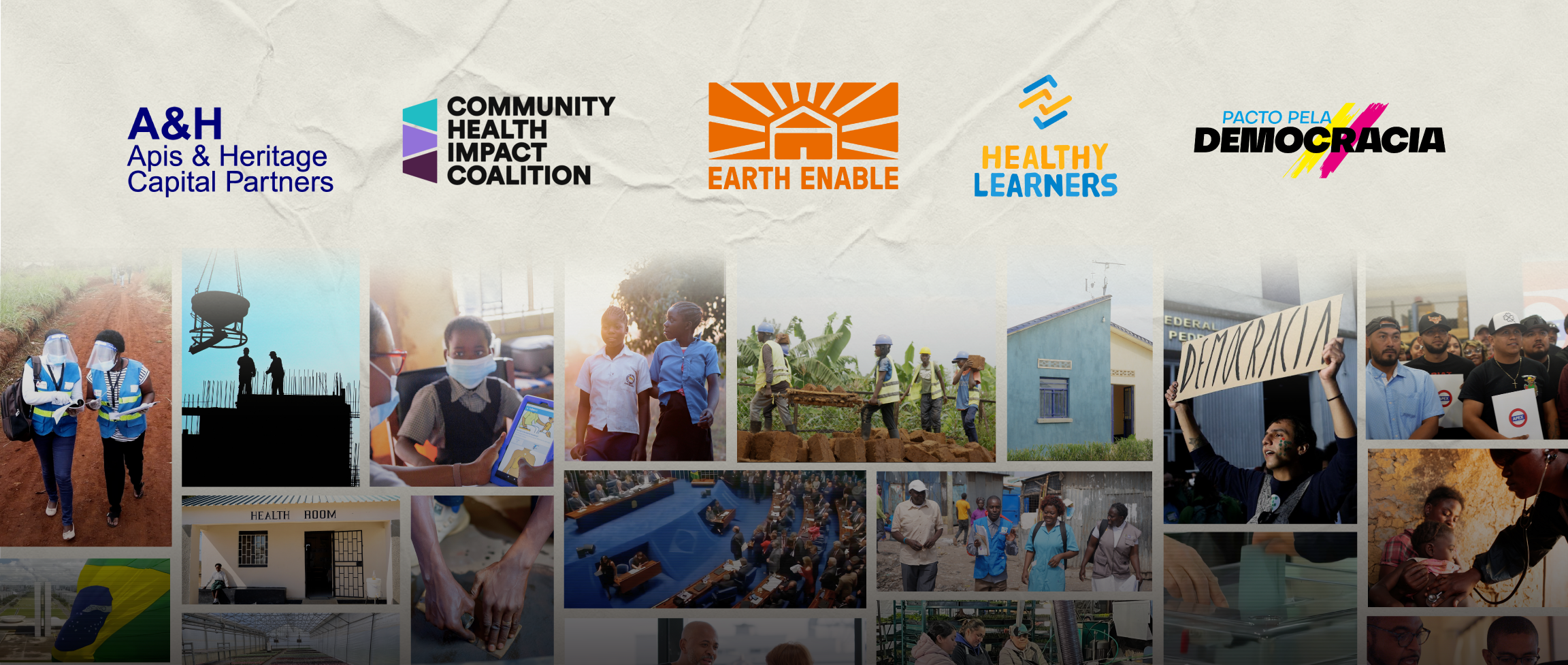Seeing, Facilitating, and Assessing Systems Change: Insights from the Scaling Solutions Initiative
More than three years ago, Rockefeller Philanthropy Advisors gathered a group of funders to ponder questions related to supporting promising solutions with the potential to transform or perhaps even re-imagine entire systems. What has emerged is Scaling Solutions toward Shifting Systems, an open learning journey that aspires to engage philanthropic peers and their program partners in collective learning and sharing before, during, and after collective action.
The most recent report from the initiative, Seeing, Facilitating, and Assessing Systems Change, offers a valuable framework for how to learn—toward identifying “what” solutions to support, “how” to better support them—and to what end. At Skoll, we’ve long recognized that as but one funder, we are insufficient to fully resource large-scale change. This new Scaling Solutions report encourages funders to act collaboratively—not only alongside peers, but also in design with multi-sector partners and stakeholder communities.
Systems Change in COVID-19 Response
Meanwhile, the problems continue to become more urgent, interwoven, and ever larger. COVID-19 has revealed the interconnection of issues—ranging from broken healthcare systems to deep-seated inequity across marginalized communities causing disproportionately greater disease burden.
Over the past four years, Skoll has funded a few organizations which have scaled their solutions to build the capacity of community health workers to sustainably provide health coverage to 7 million people in three African countries. And we’ve also bet bigger on two of them—Last Mile Health and Living Goods—to work in partnership with national governments and other local actors to bring coverage to 34 million people across five countries.
With the rapidly spreading pandemic, we’ve asked ourselves a series of questions to direct our engagement on the African continent. How to mobilize even more actors to detect and address a virus that does not recognize national boundaries on a continent of 1.2 billion people? How to respond to the immediate needs while enabling the detection of and preparedness for future pandemics? How can we best work to strengthen those very health systems in the long run? How to best support such efforts as a funder sitting an ocean away?
Approaching the Pandemic with Intense and Open Collaboration
The thinking represented in this report on “seeing”, “facilitating”, and “assessing” desired change has very much aligned with Skoll’s ongoing response to the pandemic. Intense and open collaboration among funders has helped us “see” the opportunities for not only pandemic response but also broader health systems strengthening.
In one emergent effort, we’re helping to rally a group of peers to “facilitate” the scale up and capacity building of the three-year-old Africa Centers for Disease Control and Prevention, as well as its ties with regional detection networks, governmental partnerships with Member States, and partnerships with those organizations—including Skoll Awardees—who can further activate community health workers.
“Assessing” what will change includes empowering program partners to define the milestones that matter, encouraging them to learn, take risks and apply both failures and successes, as well as work together to marshal and share evidence of what’s working, as fodder for potential private and public sector engagement.
In short, we are supporting the efforts of African leaders to scale up and sustain African solutions—for Africa. We are also supporting the deployment and scale-up of some of these very solutions—like contact tracing—in the US, given there is so much work to be done here and much to already learn from what’s been working in Africa. We are also invoking such processes of learning and scoping to extend our pandemics response into South Asia and Latin America.
Join This Collaborative Learning Journey
Systems change may be getting buzz in philanthropy, but systems are indeed changing as we speak—often not for the better. Philanthropy must transform its mindsets, norms, and practices to implement more flexible, responsive, collaborative, and learning-oriented support strategies.
We urge the community of funders to read Seeing, Facilitating, and Assessing Systems Change, and let us know if you apply any of the learnings within it to your own work. If you find it valuable, please do share the report. We hope you’ll join us as we evolve this ongoing learning journey into an initiative of action (and, of course, more learning!).
To read the full report and learn more about the Scaling Solutions Initiative, please visit https://www.rockpa.org/project/scaling-solutions/



